Life in the post-Brexit UK
The day that refused to come, Brexit Day, Britain’s withdrawal from Europe will arrive this week.
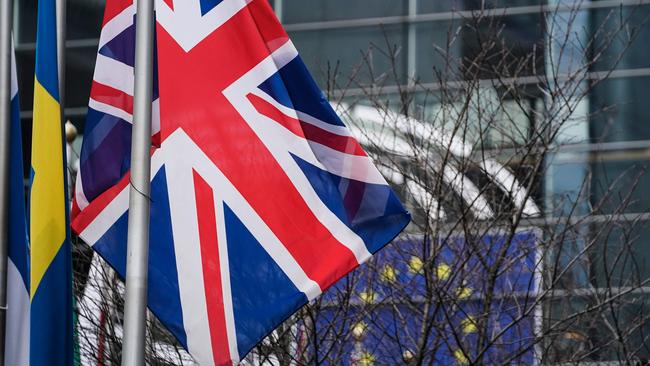
The day that refused to come, Brexit Day, Britain’s withdrawal from Europe, will arrive on Friday (Saturday, Australia time).
The withdrawal agreement itself was signed last Friday by a jubilant Boris Johnson and the rather more sober European Commission president Ursula von der Leyen and European Council president Charles Michel in Brussels.
Yet in the past 10 days in Britain, I was struck by how little anyone was talking Brexit. The word Brexit has been hardly mentioned in The Times through January, the same listening to Radio 4’s Yesterday in Parliament.
“It’s done” seemed to be the common response from folk on the ground, in a palpable vindication for Johnson and his “Get Brexit Done” campaign.
Instead the media seemed to have moved on to domestic issues: the battle to replace Jeremy Corbyn, where Labour is agonising over the sensible choice of the moderate Sir Keir Starmer or one of three women — which, given that the Conservatives have now had two female prime ministers, is acutely embarrassing.
Worse, none of the candidates, including Starmer, are willing to diss Corbyn and his far-left values that lost Labour its base, until after the leadership contest.
The incoming Bank of England governor Andrew Bailey, current chief executive of Britain’s Financial Conduct Authority, seems far more concerned about the City being unprepared for any correction in the heady sharemarkets than any Brexit fallout — a refreshing change from his predecessor Mark Carney.
At Davos last week, the IMF’s latest forecasts had Britain outpacing the eurozone in the two years after Brexit.
The new business scandal in Britain is HS2, the high speed rail project that will run from London to Birmingham and then from Birmingham to Manchester.
The latest review estimates a cost blowout of up to 20 per cent to £106bn ($204bn), with further revelations last week that HS2 management may have recut deals with contractors to lower costs, taking on more long-term execution risk for the taxpayer.
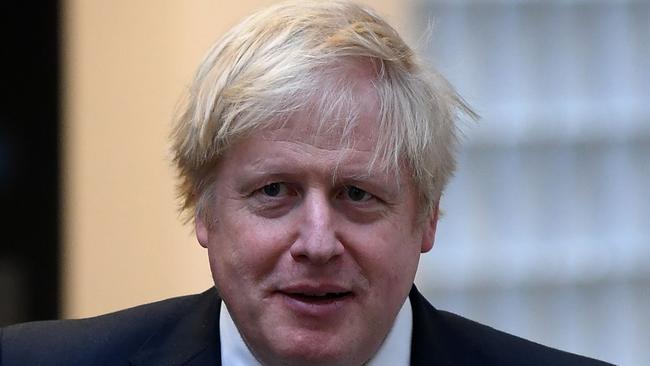
It makes our NBN almost look like a grey elephant.
Johnson is under pressure to scrap either the whole project, along with billions in already sunk-in costs, or to scrap phase two, the rail link to the north, which is where many of the Labour voters who lent Boris their votes on Brexit live.
Critics of HS2 say the money in the north would be far better spent on connectivity within the north.
The obvious question is why it seems so hard for Britain to build electric rail when Europe does it seemingly without any major fuss.
The loudest chatter around Brexit in January seemed to be whether Big Ben would bong, given it is covered in scaffolding and the government had announced it might cost half a billion for the bongs.
The answer is no. A crowd-funding appeal only raised half that. Yet the symbolic significance of Brexit Day is huge. It is the day Britain takes back its power to decide from Brussels. From February 1, up goes the Union Jack and Britain is open for business. Australia can for the first time actively work on a UK trade deal.
For now, the US is pushing to have the first FTA with the UK, notwithstanding its discomfort with the British position on Huawei and 5G.
All that said, Brexit was never about this Friday. It is about the future relationship that Britain will now negotiate with Europe during the transition period.
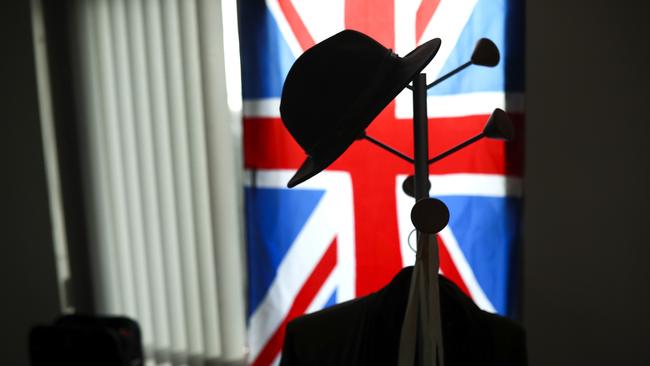
So we are now in a brief quiet spell ahead of the opening of those negotiations in the first week of February.
Boris has promised a deal will be done in 11 months and has ruled out a two-year extension. Brussels views this as almost impossible.
The withdrawal agreement runs to 535 pages but three experts will give you seven opinions on what a future deal will look like. “Alignment” is the new buzz word.
Britain’s Chancellor Sajid Javid and Home Secretary Priti Patel have said there would be no alignment with the EU after Brexit.
“We will not be a rule taker,” said Javid.
Above all, Brussels will want to ensure that the precedent created by Britain’s withdrawal does not encourage other member states to lobby for bespoke deals.
Scotland’s Chief Minister and arch Remainer Nicola Sturgeon plans to fly the European flag over the Scottish government offices on Friday, yet Brussels has been remarkably quiet on Scottish secession and rejoining Europe.
Secession is a bad precedent for Europe.
There will be drop-down deals for Britain, but whether her fishing rights are sacrificed, and just how the billions in divorce settlement are paid, are unclear.
Brussels reportedly will demand that the European Court of Justice rule on any post-Brexit agreements on trade or fishing.
As one Brexiteer wag mused this week: “Boris and his team have just appeared at the end of their tunnel from outside Stalag Brussels, with Remoaners in the watchtowers looking through their searchlights at the perimeter.
“A lot of work has gone into the digging and many tunnels have been discovered and destroyed.
“Boris has his false ID papers, civilian clothes and they have a vague plan to reach Blighty via various countries using outdated maps, but all before them is uncertain and they are not sure who they can trust.”

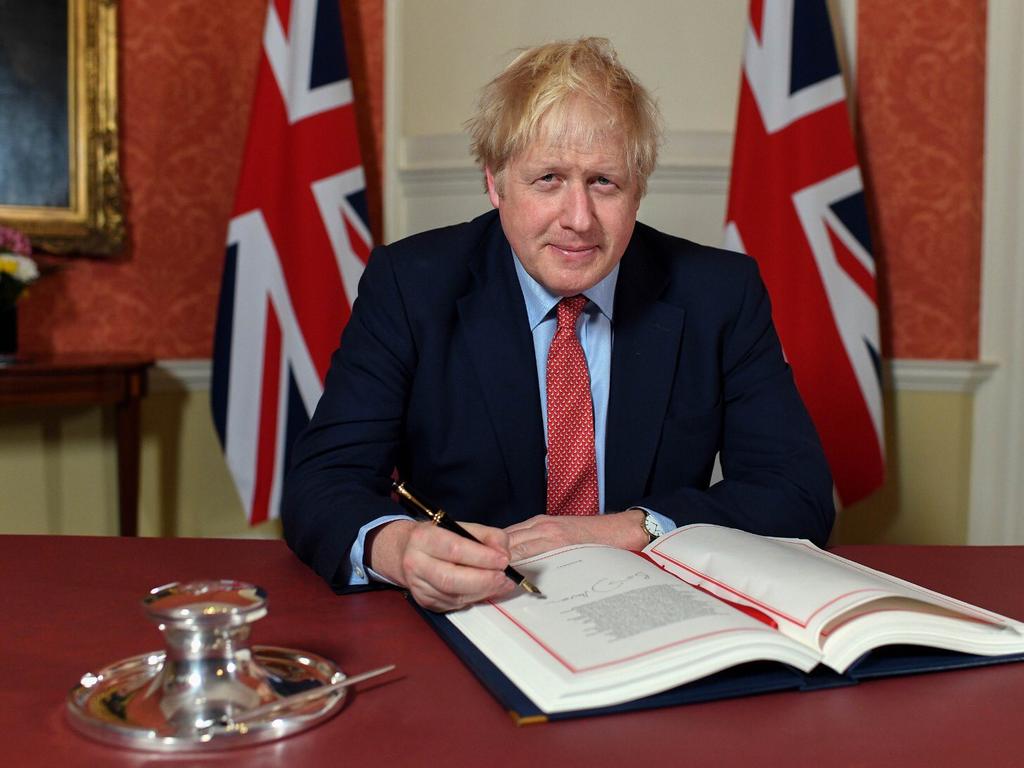


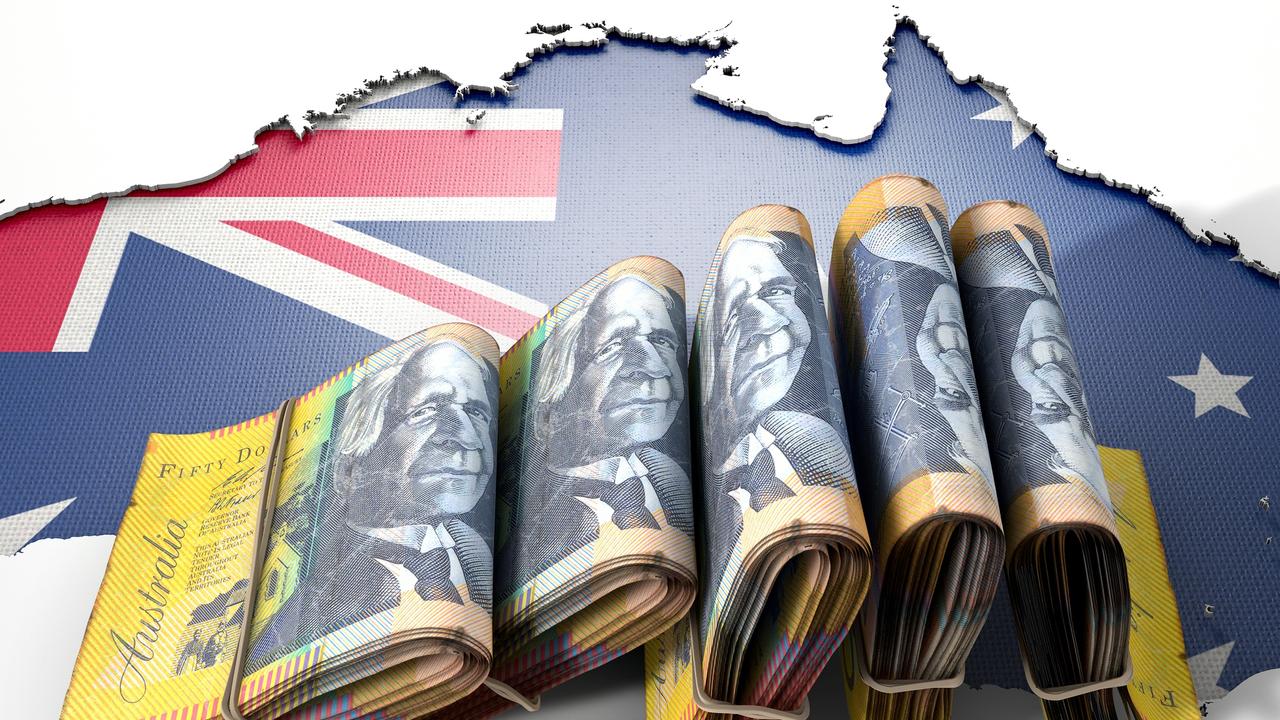
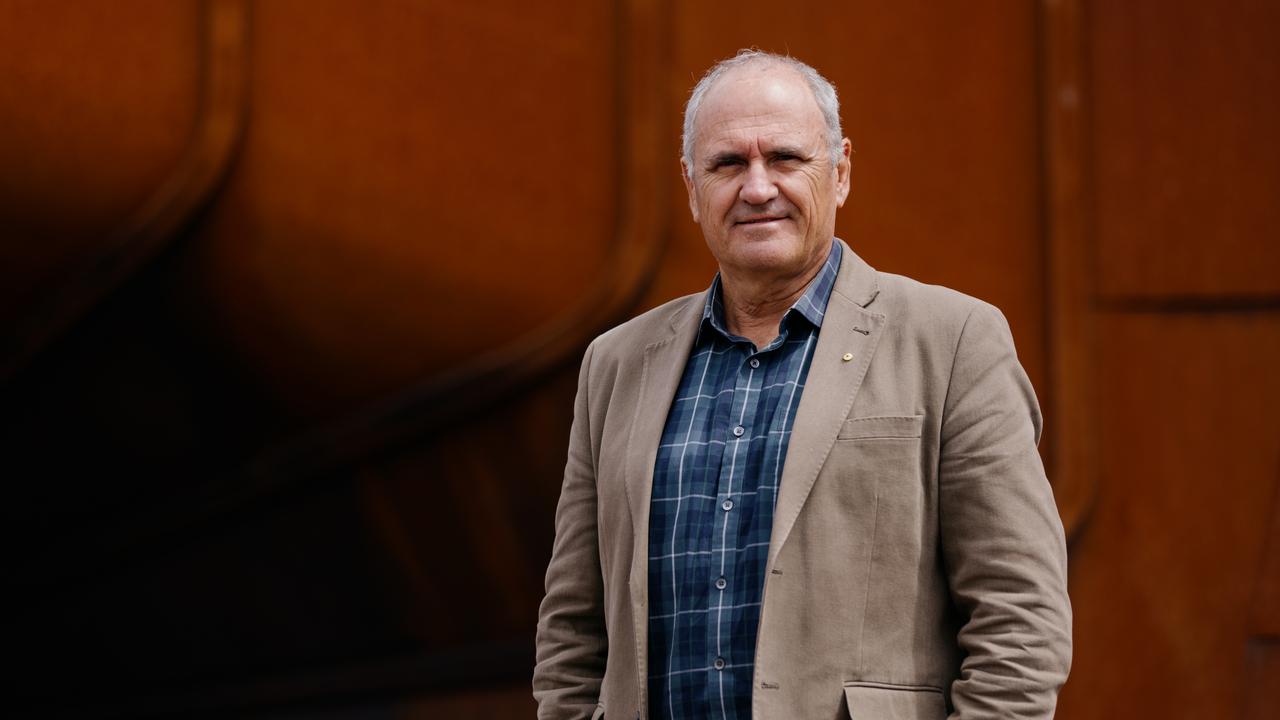
To join the conversation, please log in. Don't have an account? Register
Join the conversation, you are commenting as Logout